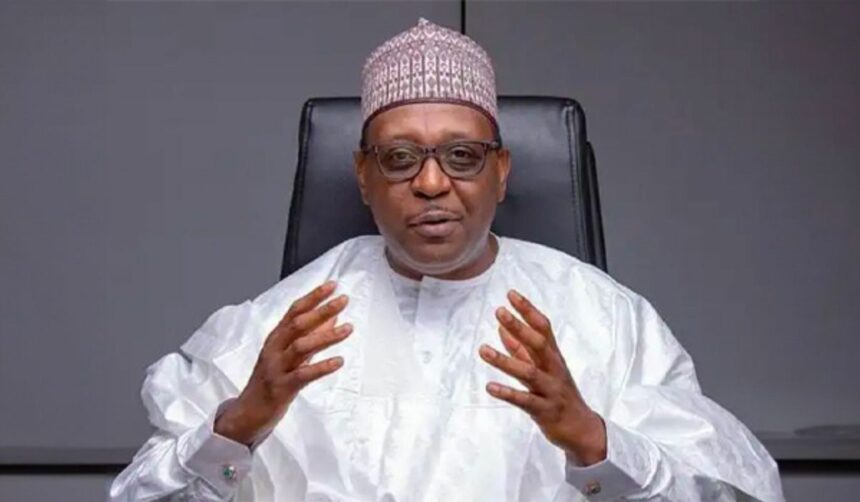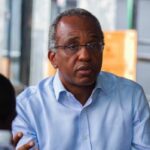Muhammad Ali Pate, the coordinating minister of Health and Social Welfare, has announced Nigeria’s ambitious plan to provide quality and affordable healthcare services to 100 million citizens.
”The initiative is supported by the World Bank’s renewed commitment to expand healthcare access for 1.5 billion people globally by 2030,” Pate noted.
The minister emphasized the importance of backing this plan with technical expertise and financial resources, particularly given Nigeria’s significant shortfall in public health funding.
He expressed optimism about the potential impact of the World Bank’s commitment, highlighting Nigeria’s readiness to deliver on its share of reaching 100 million people with improved healthcare.
”The World Bank’s strategy involves providing a basic standard of care across all stages of life, focusing on expanding healthcare coverage for non-communicable diseases and reaching underserved communities, including remote villages.
”Additionally, the bank aims to incentivize government investments in health and create an enabling regulatory environment to attract private sector investments,” he added.
Highlighting Nigeria’s efforts, Pate outlined the government’s priority to overhaul the primary healthcare system under the President’s Health Sector Renewal Investment Initiative.
”This includes increasing the number of functional primary health care centres, retraining frontline health workers, and addressing affordability through initiatives like the Vulnerable Group Fund,” he stated.
Pate reiterated the importance of a coordinated approach involving all stakeholders, from government entities to development partners, to achieve universal healthcare coverage.
Ajay Banga, President of the World Bank Group, emphasized the need for collaboration between public and private sectors to achieve this ambitious goal.
He stressed the importance of expanding access to healthcare services through partnerships and collective efforts.










